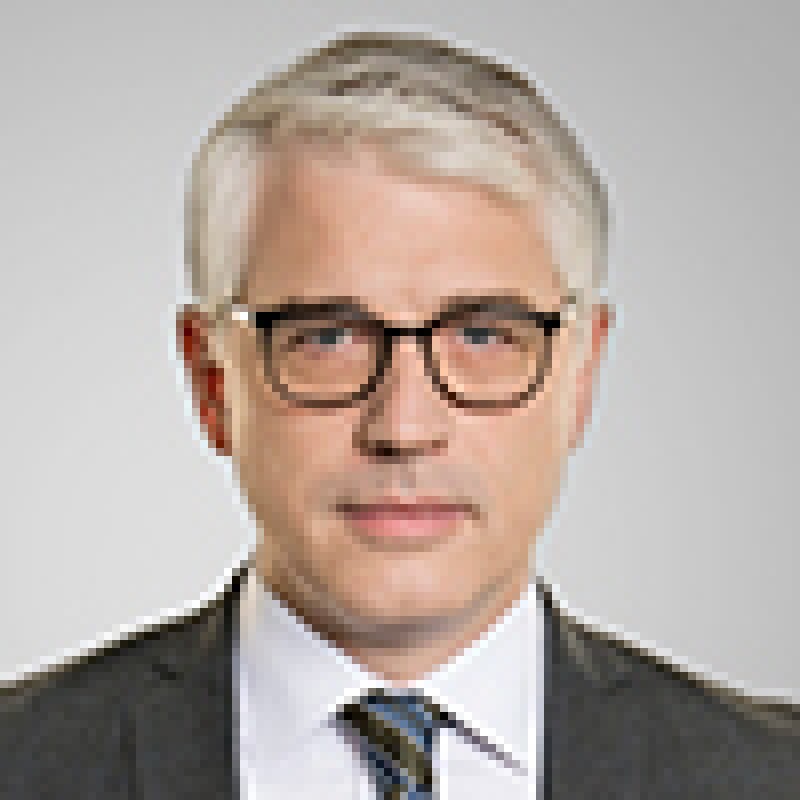In the present decision, the German Federal Patent Court dealt with the question of which point in time is decisive when considering advantages and technical effects of a claimed technical teaching. This question can be of importance both in the context of inventive step discussions in nullity cases and in the context of the technical-functional interpretation as applied by the infringement courts.
The German Federal Patent Court ruled that only the disclosure of the patent application would be decisive and that only those advantages and technical effects can be applied which the skilled person has been able to recognise at the filling date. According to the German Federal Patent Court, an objective enrichment of the prior art should only be considered as it is recognisable for a skilled person on the basis of the disclosure of the patent application or on the basis of his knowledge at the filling date. It is not sufficient that such an advantage or technical effect existed objectively unrecognised at the time of filing, but is only subsequently recognisable by the skilled person and made accessible as such.
In its first guideline, the German Federal Patent Court stated:
To the extent that the case-law and the literature refer to the granted patent with respect to a disclosure of advantages and effects, the relevant disclosure of the patent application must be taken into account instead – the granted patent does not represent an additional caesura for an admissible fall back on the original disclosure of the patent application within the limits of the exclusion of an extension of the scope of protection.
With its decision, the German Federal Patent Court has sparked a discussion on the relationship between the disclosure of a patent application and a disclosure of the later granted patent which may differ from the disclosure of the patent application. This discussion may also have an impact on the technical-functional interpretation as applied by the infringement courts, as they have so far mainly focused on the disclosure of the granted patent. Notably, in its decision Occlusion Device (BGHZ 189, 330 = GRUR 2011, 701 – Okklusionsvorrichtung), the German Federal Supreme Court stated that the interpretation of the claim features could possibly also be based on a difference between a published patent application and the later granted patent. It therefore remains to be seen how the infringement courts and the German Federal Supreme Court will position themselves in this regard.
Again, it must be noted that it is of crucial importance, when drafting patent applications, to sufficiently explain the advantages and technical effects to be achieved with the respective features in order to be able to argue accordingly in subsequent nullity proceedings or infringement proceedings.

|
Stefan Bianchin |
Maiwald
Elisenhof, Elisenstraße 3
D-80335 München
Tel: +49 (0)89 747266-0
Fax: +49 (0)89 776424











